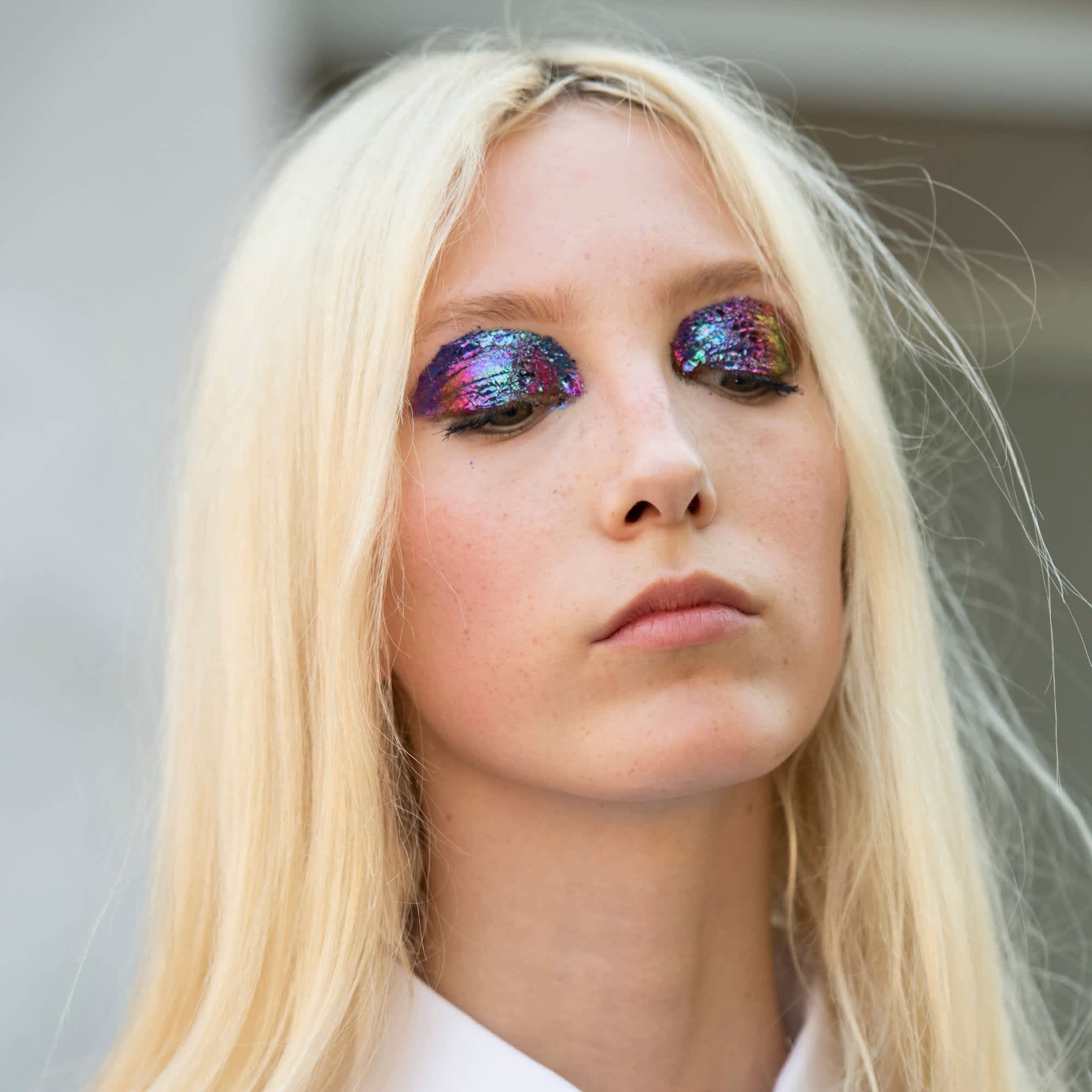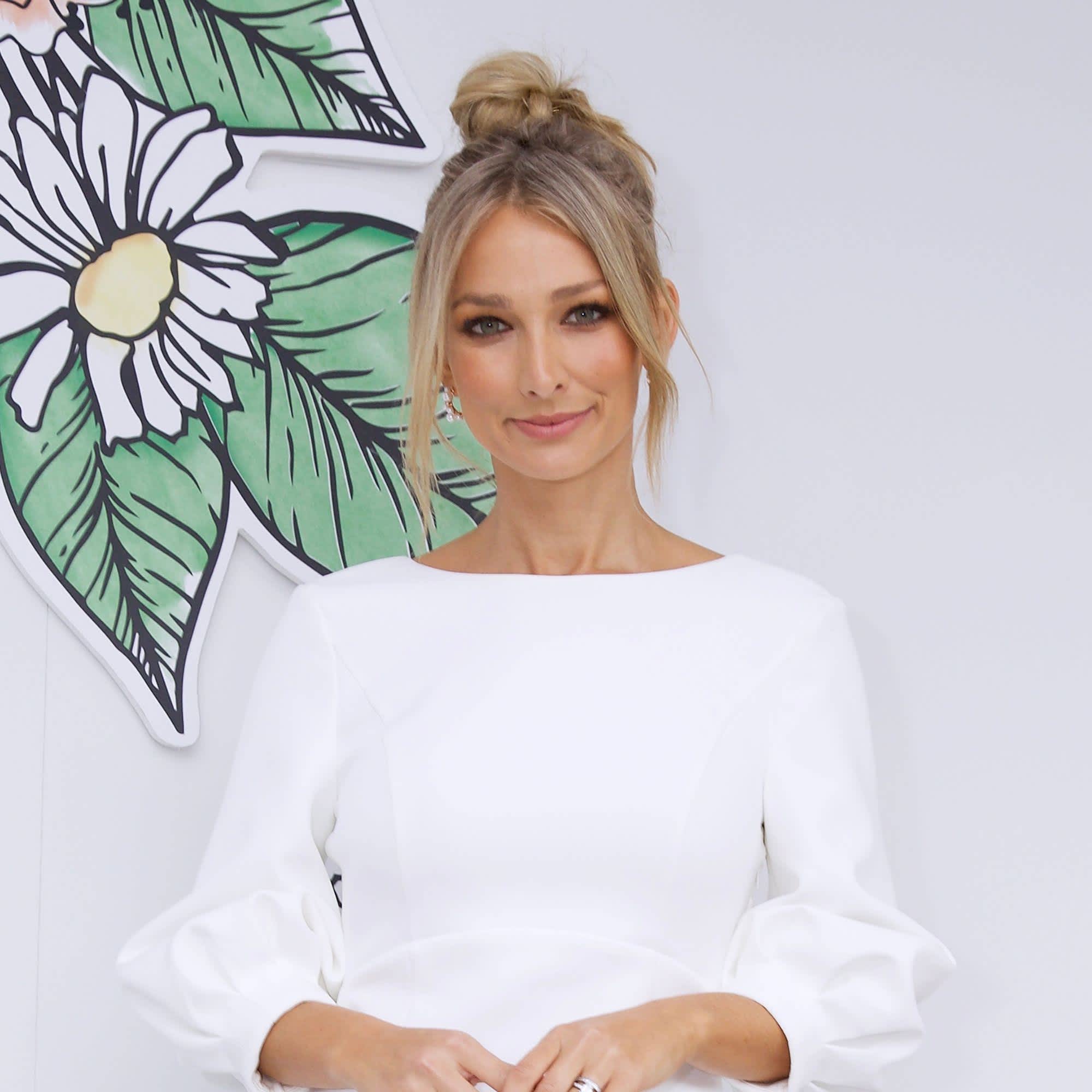
- POPSUGAR Australia
- Beauty
- How the TGA’s New Influencer Advertising Code Will Change Your Feed
How the TGA’s New Influencer Advertising Code Will Change Your Feed

Over the weekend, news broke that the Australian Therapeutic Goods Administration (TGA) had introduced a new advertising code — banning influencers from receiving cash or samples for endorsements of products.
The Australian broke the story announcing an “influencer promotion ban” with the headline: “Influencers will be banned from receiving perks such as cash or samples to promote skincare, and other health products.” Understandably, people were shook. While some expressed glee that they would see fewer ads for vitamin-infused gummies and Skinny Tea in their feed, many were alarmed.
Jessy Marshall, founder and director of beauty PR Agency Hive HQ, said the wording of the headline caused chaos. “I was inundated with calls, text messages and emails from brands and influencers who were confused by the news and searching for information.”
After reading through the 30-page legislative document, Marshall found the story “made much more sense than what the headline read.”
“The new regulations are coming into effect at the end of June 2022 and will aim for TGA listed products to be prohibited from paid testimonials promoting therapeutic goods,” she said.
In Australia, TGA approval is required for sunscreens, supplements and vitamins, medicated shampoos and some acne and skin-lightening products.
Brands need to jump through hoops to get their products TGA-approved, and many feel like they are now being punished for the trouble they went through in doing so.
How the Ban Will Impact Influencers and Brands
Even though influencers did us dirty with Skinny Tea, they’ve also taught a whole new generation to slip slop slap. Many female-founded, Australian-owned sunscreen brands like Naked Sundays and Ultra Violette have grown their businesses cost-effectively with influencer marketing.
Samantha Brett, owner of Naked Sundays, says from the outset, her mission was to make sunscreen “cool, hip and Insta-worthy.” Naked Sundays achieved this with fun, innovative products (their sunscreen mist is a game-changer) and support from credible influencers.
“Thanks to an amazing group of qualified influencers, many of whom hold chemistry degrees or are practicing dermatologists and skincare experts, we quickly went viral thanks to an intelligent group of sun safe advocates,” she says.
Through their influencer partnerships, Naked Sundays has also raised thousands of dollars for charities like the Melanoma Institute. “When influencers use their voice for good, the flow on affect is something traditional advertising could never live up to,” Brett says.
“I cannot help but feel that regulatory bodies are focusing on a space dominated by women, LGBTQI and POC creators, who are underrepresented in other areas of media.”
Brittany Ferdinands, content creator and phd candidate, @brittany_daisy
While there isn’t an outright “influencer skincare ban”, some segments of the skincare industry will impacted. Rachael Tyers, founder of tbh skincare says that treatments for blemishes and acne fall into “murky” territory. She explains that skincare used to target acne can go in the “TGA bucket or the cosmetics bucket.”
For a company to legally claim they treat acne, they must be assessed by the TGA, and have clinical data that proves their treatments are effective. If a brand does not pursue this path, a brand can say their product treats “breakouts.” Tyers opted for the TGA listing as she knew her formulations had the clinical data to back tbh’s product claims up.
She said the TGAs decision is frustrating for brands like hers. “It really doesn’t solve much because you penalise brands registered to make their claims and leave ‘cosmetic’ products claiming to treat ‘breakouts’ unregulated. Instead, maybe you should regulate the claims people are able to make and regulate the products that are allowed to be sold,” she said.
What Content Creators Think About the Ban
Reception from Aussie-content creators has been mixed. Sydney-based writer and beauty influencer Carly Sophia posted to her own account, writing: “With no financial incentive to blindly promote something there will be far greater number of fair, balanced and genuine reviews available online for consumers.”
Meanwhile, lifestyle journalist Noelle Faulkner was less complimentary. In an Instagram story post, she pointed out that the skincare ban targeted women and LGBTQI content creators specifically, pointing out that influencer work was used by young people and those in marginalised communities to generate income while faced with insecure employment.
Brittany Ferdinands, a Sydney based beauty and fashion content creator and a PhD candidate, researching the social media economy, understands the concern industry bodies like the TGA have.
“The power influencers have to shape opinions and mobilise behaviours comes from the trust they cultivate with their audiences. Sometimes the foundations of such ‘trust’ are built on social currency rather than genuine expertise. That means professionals can find themselves challenged by ‘lay experts’ in various industries — particularly health,” she says.
We have seen this dynamic play out across the health industry, whether with Skinny Tea or anti-vax influencers butting head with the medical community during COVID-19. Ferdinands says these cases indicate “an undeniable need for regulation — consumers should be making decisions based on health professionals rather than online personalities.”
Ferdinands feels that this regulation is heavy-handed as it targets influencers’ ability to monetise their work, which often promotes positive health messages. Compared to other industries like alcohol, the enforcement seems harsh.
“I cannot help but feel that regulatory bodies are focusing on a space dominated by women, LGBTQI and POC creators, who are underrepresented in other areas of media. While there should be some form of regulation on the testimonials given about products that have tangible impacts on consumers — cutting off the income of influencers who create content in this space is not the answer,” she says.
So, What Are the Rules As of June 2022?
If you’re gifted a product that falls under the TGA guidelines on social, you can post about it, but you can’t provide a testimonial.
Simply, that means factual information is in, personal rave reviews are out.
You also must remove any previous posts where personal reviews have been given for TGA-listed products (yes, that post where you sung the praises of Selsun Gold Antidandruff Shampoo will have to go)
Update:
POPSUGAR reached out to Social Law Co, a law firm specialising in social media. They advised:
“Brands and Influencers should obtain legal advice specific to their circumstances. Whilst the new Therapeutic Goods Advertising Code clarifies that testimonials are unable to be provided by Influencers in advertisements about therapeutic goods, it does not prohibit some Influencers from providing an endorsement (without any testimonial) about some therapeutic goods, whether expressly or by implication. Brands and Influencers should seek legal advice on advertisements intending to contain such endorsements to ensure that they are meeting the requirements under the Code.”
You can find the Australian Influencer Marketing Council’s (AiMCO) press release here, which contains a comprehensive explanation of the “personal testimonial” ruling.



